Why are companies working so hard to make oral tablet forms of diabetes and weight loss drugs that target the glucagon-like peptide (GLP-1) receptor? The current injectable peptides – Novo Nordisk’s Ozempic and Wegovy (semaglutide) and Eli Lilly’s Mounjaro and Zepbound (tirzepatide) – are incredibly successful, with potentially even more promising peptides in the pipeline. So why the rush to replace them with pills?
From the companies’ point of view, there are some obvious advantages – oral small-molecule formulations tend to be cheaper and easier to manufacture and distribute than sterile injector pens. Manufacturing complexity – both in terms of making the peptide active ingredients and producing the final injectors – was a significant contributor to both Lilly and Novo’s struggles to supply surging demand for their products following approvals for weight loss, prompting massive investments in manufacturing.
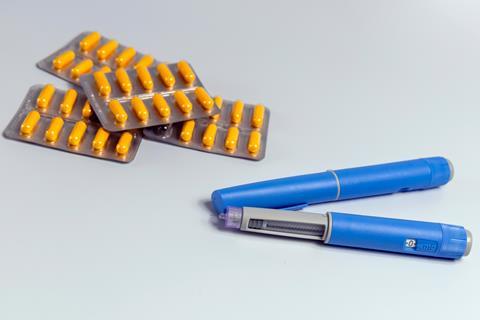
But as experts Rachel Brazil spoke to when investigating the oral GLP-1 pipeline point out, it’s certainly not cut-and-dried. While tablet forms are more generally familiar and accessible to most people, there are some anecdotal indications that patients looking for significant weight loss are comfortable with the injector pens, and might even prefer them. An injection feels like a more committed and ‘medical’ intervention than popping a ‘diet pill’ – a perception perhaps clouded by the baggage of decades of fake and failed weight loss treatments.
Any oral drug will also need to be able to compete with peptides in terms of performance – especially as biosimilar semaglutide injectors emerge once Novo’s patents begin to expire in the next few years. Early indications also suggest that oral GLP-1 agonists are unlikely to produce quite such spectacular weight loss results as the current injectables, at least in the first instance. Clinical trial results suggest average weight losses in the range of 10–12% of bodyweight after 18 months for oral drugs, while injectables’ averages range from around 15% to over 20% in similar timeframes.
The relative success of any oral drugs that eventually make it to market will therefore likely depend on a combination of price, performance, side-effect profiles and patients’ comfort levels with one dosage form over another. The demand for effective weight loss treatments is huge – especially if they come with added benefits in terms of reducing cardiovascular and other associated diseases. So there is little doubt that there will be space in the market for a variety of complementary therapies. But it’s not necessarily a given that an oral drug will outcompete existing injectables.





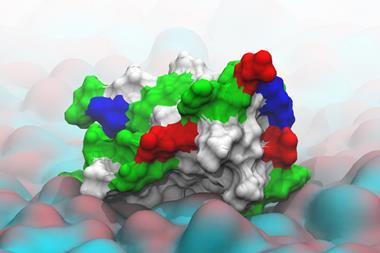
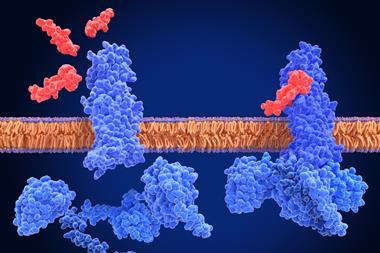
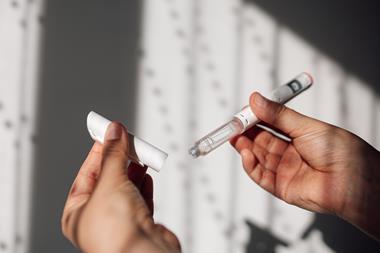


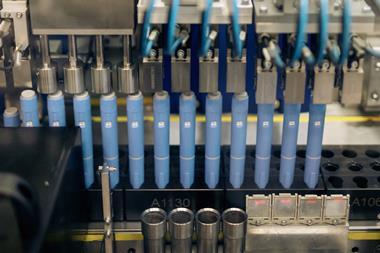






No comments yet